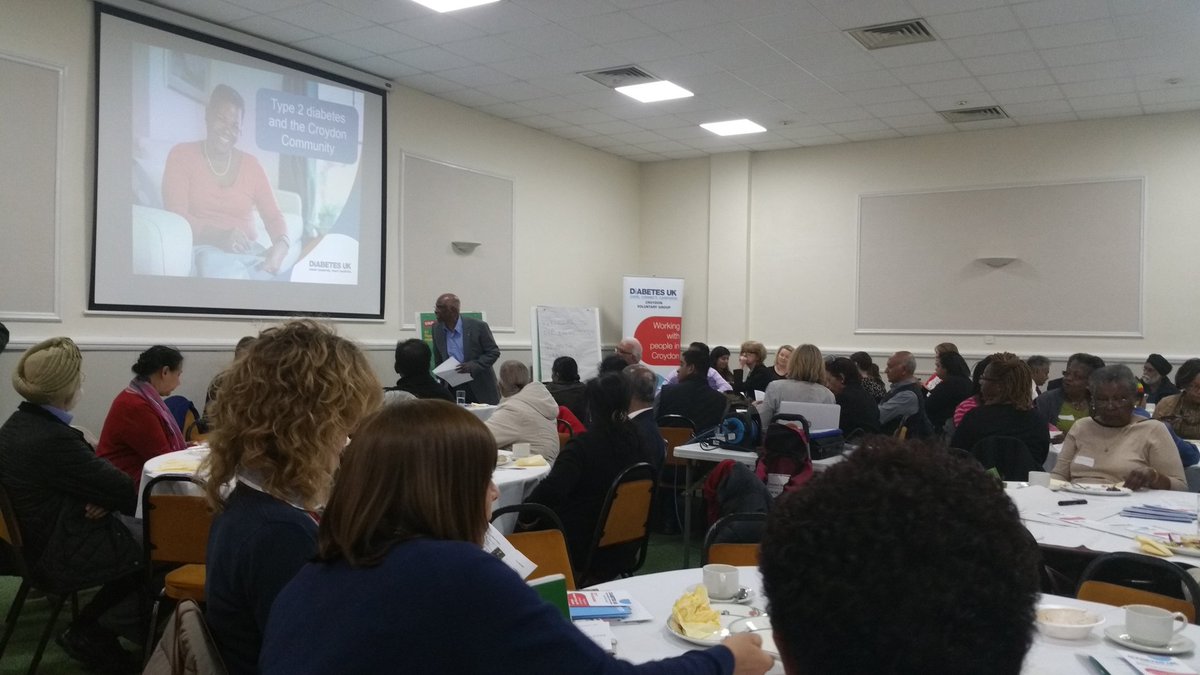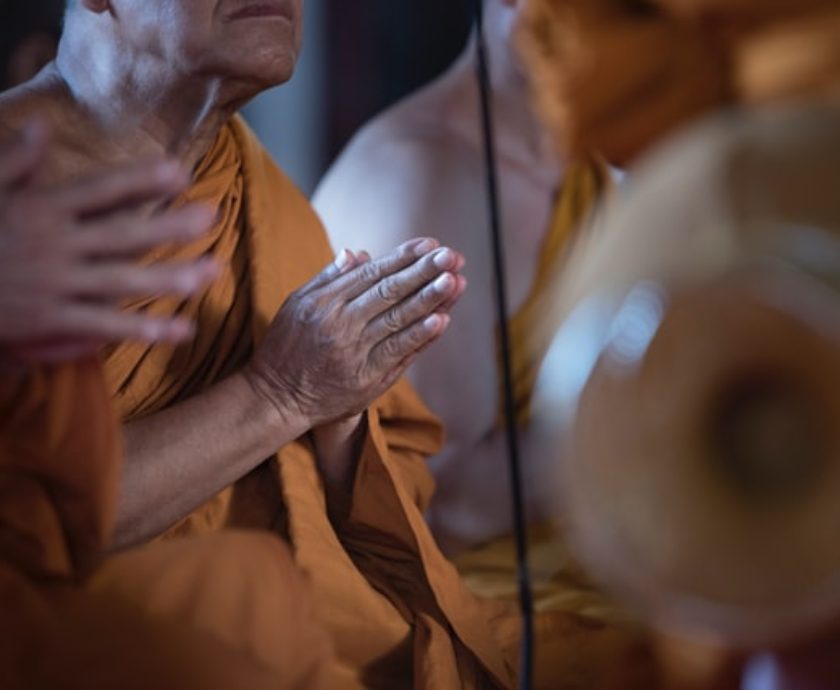This week is Parkinson’s Awareness Week and our guest blogger, Stacey Mensah, discusses this condition, urging us to bring this forgotten disease into the limelight.
Welcome back to the Lake Foundation’s blog! I hope everyone is doing amazing well! As this week marks the beginning of Parkinson’s awareness week, I believe it would be fitting to base this post around that issue. Now I’m going to be honest with you, I never really understood health weeks. I believed it to be marketing ploy but, fortunately I have changed the error of my ways. Raising the awareness of Parkinson’s is incredibly important, as many people still view it as an elderly person’s illness, when in fact it is striking men and women all over the country, far earlier in life. Parkinson’s has been described as the forgotten disease as it manifests itself differently in each individual and so it’s harder to diagnose and there unfortunately is no cure. Or, at least just not yet there isn’t. So let’s get the basics out of the way…
According to the National Health Service, Parkinson’s disease is a degenerative condition of the central nervous system that mainly affects the part of the nervous system that is involved with movement. The three main symptoms of Parkinson’s disease are:
Tremor. This refers to a shaking that usually begins in the limbs, often in your hands or fingers. You may notice a back and forth rubbing of your thumb and forefinger, known as a pill-rolling tremor. Another characteristic of Parkinson’s disease is a tremor of your hand when it is relaxed. Unfortunately there is no cure for a tremor but there are ways to control it. In the early stages of Parkinson’s some people might be able to suppress their hand tremor by squeezing or rolling a ball, pen or similar object. A specialist or a Parkinson’s nurse should be able to give you advice on what would be the best course of action to take.
Slowed Movement. Parkinson’s disease will gradually reduce your ability to move and slow your movement, making simple tasks quite time consuming. The reduction in the level of dopamine may also cause your steps to become shorter when you walk and may also make it difficult getting out of a chair. People have found physiotherapy helpful as it improves their symptoms. A physio therapist will also be able to recommend exercises and techniques to help with your mobility.
Rigidity. This stops muscles from stretching and relaxing. It can cause: stiff muscles, inflexible muscles, pain and muscle cramps and a fixed ‘mask-like’ facial expression. Rigidity prevents you from being able to swing your arms as their muscles will be too tight and stiff. Regular exercise of course will help strengthen muscles and improve flexibility and mobility. Physiotherapy will also be a big reliever of muscle pain.
It is all too easy to forget about this disease and so we urge you to do something this week. Whether it is raising money for the cause, or simply just inviting a friend over to discuss the topic. We need to bring this forgotten disease back into the lime light and it can only start with you.
See you next week x
More information on the symptoms of Parkinson’s can be found at parkinsons.org.uk












